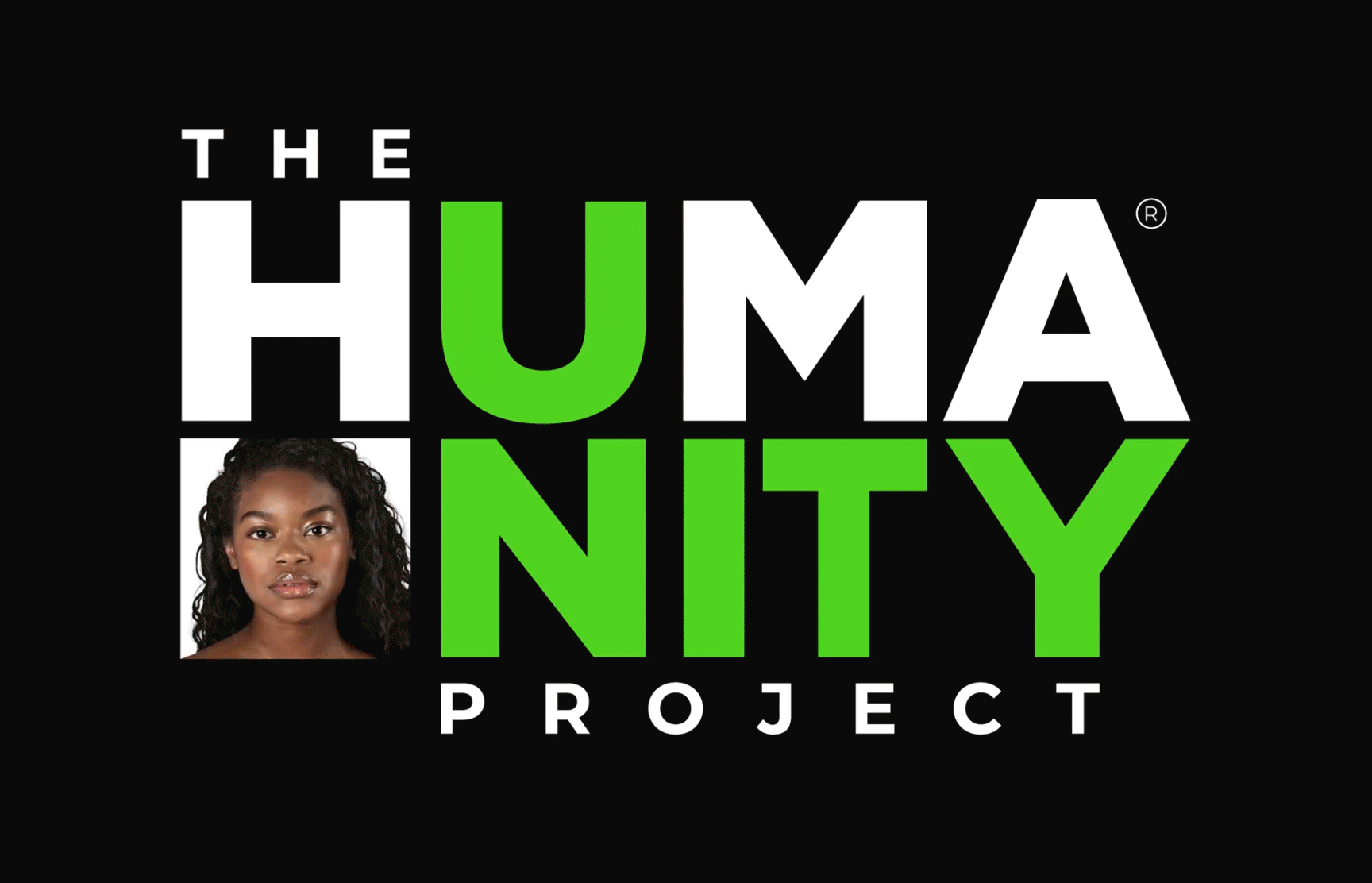This is another in a series of blogs written for our website by Humanity Project Founder, Bob Knotts, a playwright, poet and author of the book “Beyond Me: Dissecting Ego To Find The Innate Love At Humanity’s Core.” These blogs offer a more personal perspective on ideas that lay at the foundation of the Humanity Project’s work.
“America, of all the Western nations, has been best placed to prove the uselessness and the obsolescence of the concept of color.”
James Baldwin, “The Fire Next Time”
———————————————-
What does color mean?
Like everything engaged by the human mind, color acquires significance through our experience with it. And our experience with color begins at our earliest ages. Think about common perceptions of colors picked up by children. Even infants soon learn about sunny optimistic yellow, or dynamic and daring red. Or earthy ordinary brown. They also understand colors through a vast array of personal experiences. The approach of black forbidding storm clouds, followed by the relief of puffy welcoming white cloudshapes. Children focus their imaginations on those white clouds, this one shaped like a camel, that like a clown. Black storm clouds are never seen as suitable for youthful daydreams.
The meaning of colors also comes through stories. Cliches, of course, from cowboys in their white and black hats to shining knights on white steeds and cartoon villains with black capes and curly black moustaches. To every kid, to everyone throughout our lives, those colors mean something real. They’ve gained powerful and unshakable connotations of which we’re almost entirely unaware. Whether we know it or consciously agree, things in this world that are colored white carry positive meanings for most of us. And things colored black? Not as much. Too often our mental associations with black, and even brown, are unpleasant, frightening or hostile. Yellow and red are somewhat more complicated. Naturally, there are exceptions: Many of us believe black clothing, for instance, appears more flattering than white attire. But these exceptions prove the rule. Black clothes also are more provocative, sexier. They have become cool precisely because of their otherwise negative connotations.
Enter humanity.
The white man and black man and brown man, the yellow woman and red woman. How nice that more enlightened folks often portray our species as a pretty palette of colors, a happy rainbow of equality. Except that we’re not. As a society, we don’t view the white man and black man and brown man as equals, the yellow and red women. Far from it. We remain a divided humanity, in no small part thanks to our insistence on labeling each other by color.
And this is my point.
We need to understand the problems inherent with color-coded references to other human beings. There is no getting away from the meaning of black storm clouds and white unthreatening cloudshapes. But there is an escape from attaching such meanings to our neighbors, friends and family.
I am, by common standards, a white man. Why should anyone associate positive feelings with me more than with my Black colleagues? They shouldn’t. But they do, unavoidably.
So I’m suggesting that we explore alternatives. We do need basic descriptions of one another: If I’m sending a handyman to work on your kitchen, you’ll want to know who to expect at your door. Skin tone and so-called “racial characteristics” are important parts of our appearance. But we can describe people without the distorted connotations of color.
How might we accomplish that? Allow me to outline one simple idea offered with all humility – and in full recognition of my own social categorization by whiteness. I understand these are highly sensitive topics for many, especially many people of color, as this group is typically described today. Yet as a writer of whatever hue, I believe my job includes both pinpointing problems and proposing solutions. With this notion in mind, I make the following suggestion.
Perhaps we should use references to our regional origins, much as we do now when avoiding skin-color descriptions. But instead of the awkward “African American” and “Asian American,” “Latin American” and “Native American” we might simply refer to the Black person as “African.” We can eliminate the loaded word “Black” while providing key information about that individual. For the white woman or man, we might be identified as “European.” “Latin” and “Asian” and “Native” may suffice for the conventional brown, yellow and red peoples. That’s all the racial description that seems necessary. In the everyday world, we only require broad information about a person’s looks. You’ll recognize the recommended handyman without color coding. (If our handyman is a white person from South Africa, “European” offers the necessary physical specifics. Nationality is something else. Any confusion about regional identification is easily resolved, as we already do with “Asian.” Are we referring only to physical characteristics or to region of birth? We simply clarify with a few words: “She’s Asian, born in Peru.” The identifiers I suggest could become associated primarily with a person’s appearance.)
Humanity should eliminate color from our descriptions of individuals. It’s not necessary. And it’s demonstrably inaccurate: My skin is nothing like white. Nor is my Asian girlfriend remotely yellow nor are my African American friends actually black. Ask a talented artist. She’ll explain that skin tones require a careful mix of colors. That’s the colorful truth of our humanity – every one of us is a vibrant blend.
The simple description “African” may offer a clear concise replacement for “Black” when referring to people. Along with those other regional descriptions, African at least carries more sensible meaning than attaching color to our humanity. Colors convey relatively simplistic meanings in our minds. Human beings should not suffer from those misleading concepts.



